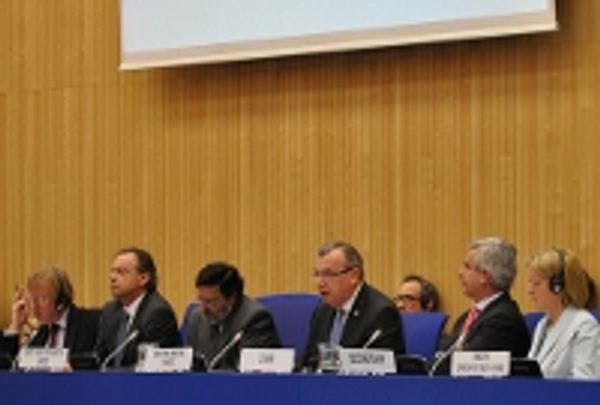The ketamine controversy, continued: UN legal opinion adds confusion while China changes its scheduling proposal
By Martin Jelsma, Transnational Institute
The Commission on Narcotic Drugs (CND) in Vienna will decide next week between two opposite proposals by China and the WHO about international control of ketamine, an essential anaesthetic in human and veterinary medicine. China originally proposed bringing ketamine under the 1971 Convention’s most severe control regime of Schedule I, which would dramatically affect its availability for surgery in poor rural settings and emergency situations. The WHO Expert Committee reviewed all the evidence and advised against any international control of ketamine, arguing it would trigger a public health disaster.
A fact sheet produced by concerned NGOs, TNI among them, has received endorsements from over 80 organisations around the world, including many medical associations of anaesthesiologists and palliative care. The International Federation of Red Cross and Red Crescent Societies came out with its own statement of concern. At intersessional CND meetings past weeks in Vienna, several countries expressed their worry about the Chinese proposal and questioned the procedural legality of bringing it to a vote, now that the WHO has strongly recommended against it. Confronted with broad opposition, China changed it proposal and now calls for inclusion in Schedule IV instead, the lightest control regime under the 1971 Convention. The move is meant to soothe concerns and apparently several countries that opposed China’s original proposal are considering the softer option as an acceptable compromise.
Adding ketamine to Schedule IV, however, would still negatively impact on its availability in a number of countries, less severely so when compared to Schedule I, but millions of people would still be at risk of not having access to anaesthesia if they require surgery (see extended fact sheet). Moreover, too little attention has been given in the debate so far to the potential consequences for future scheduling decisions, as this would set a precedent to add substances to the treaty schedules bypassing WHO's expert advice. In response to questions raised about the procedure, UNODC asked the UN Office of Legal Affairs (OLA) in New York for a legal opinion about the basic question: "Can the Commission on Narcotic Drugs schedule a substance under the Convention on Psychotropic Substances of 1971 if there is a recommendation from the World Health Organization that the substance should not be placed under international control?". Unfortunately, under time pressure, OLA produced an unhelpful, confusing and questionable legal argumentation concluding that "the Commission can schedule a substance under the Convention on Psychotropic Substances even if there is a recommendation from WHO that the substance should not be placed under international control" (E/CN.7/2015/14).
Click here to read the full article.
Keep up-to-date with drug policy developments by subscribing to the IDPC Monthly Alert.
Regions
Related Profiles
- Transnational Institute (TNI)
- Martin Jelsma
